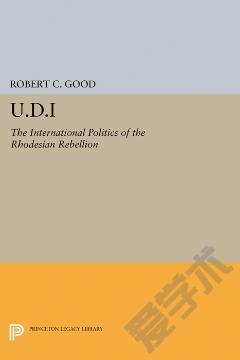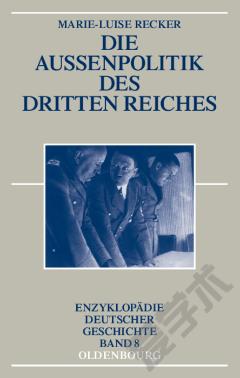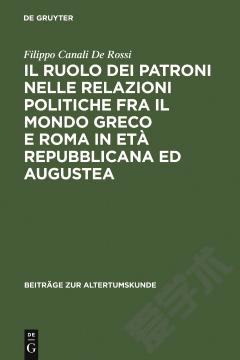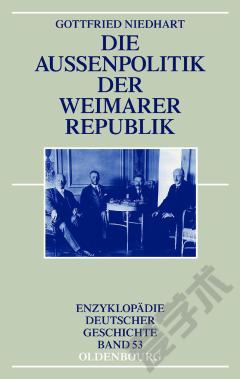U.D.I —— The International Politics of the Rhodesian Rebellion
----- 罗得西亚叛乱的国际政治
Fearing that their "civilization" would be overwhelmed, a tiny enclave of whites in Central Africa rebelled against a power which a little more than twenty-five years before had ruled the largest empire the world had ever known. Robert C. Good provides an immensely readable account of the international politics of the Rhodesian rebellion which, as he demonstrates, put great political and financial strains on Great Britain, placed Zambia in mortal danger, almost destroyed the multiracial Commonwealth, and promoted an unprecedented involvement of the United Nations in programs of dubious effectiveness and doubtful wisdom.The complex sequence of events which led to the "unilateral declaration of independence" of November 1965 and the settlement of November 1971 are probed, and the policies of the British and Rhodesian governments analyzed, particularly the actions and responses of Harold Wilson. Above all, the Rhodesian crisis is placed in its international setting to show that the failure to impose a transition towards majority rule in Rhodesia has meant that a significant chance to reverse present trends in Southern Africa towards the hardening of racial attitudes and erosion of African confidence in Western intentions has been lost.Originally published in 1973.The Princeton Legacy Library uses the latest print-on-demand technology to again make available previously out-of-print books from the distinguished backlist of Princeton University Press. These paperback editions preserve the original texts of these important books while presenting them in durable paperback editions. The goal of the Princeton Legacy Library is to vastly increase access to the rich scholarly heritage found in the thousands of books published by Princeton University Press since its founding in 1905.
{{comment.content}}








 京公网安备 11010802027623号
京公网安备 11010802027623号